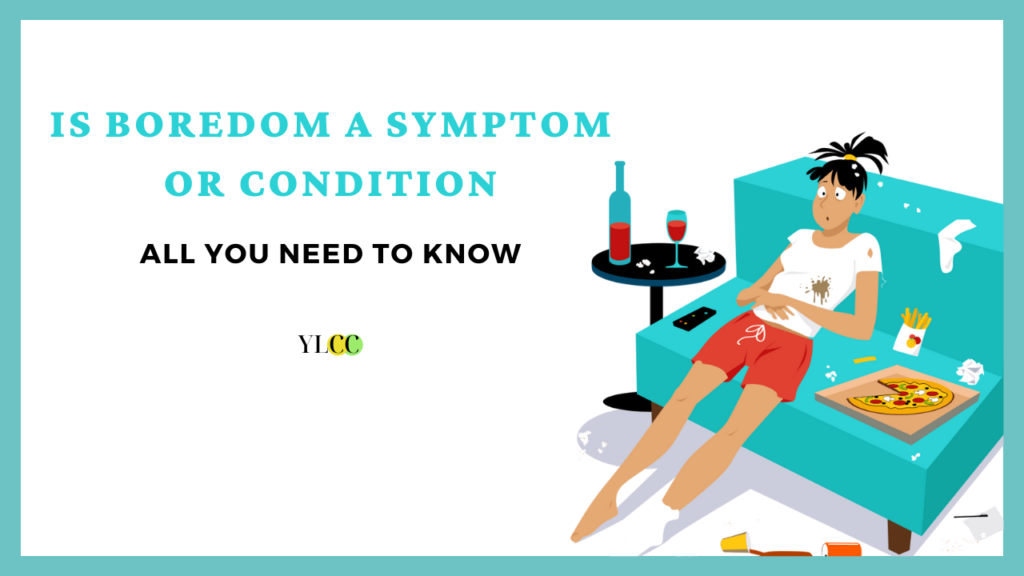
Everyone experiences boredom at some point in their lives. Of course, we can all recall times when we were left without anything to do, when we weren’t interested in our surroundings or when we felt that our days were particularly dull. Feeling this way on occasion is perfectly normal.
But sometimes, as I’ve seen in my work as a psychology student, chronic boredom can be a symptom of a deeper psychological issue that needs tending.
Understanding The Types Of Boredom
1. Boredom That Defends Against Emotional Pain
Traumatic and adverse experiences during childhood, like being raised in a chaotic or emotionally neglectful household, can make a child feel unsafe. The lack of safety can trigger overwhelming and conflicting emotions, like rage and fear or sadness and despair. To cope alone, a child’s mind compartmentalizes “bad” feelings to carry on with life. While disconnecting from emotions spares them pain, it can also lead them to feel “deadened.”
Boredom, in this case, is a byproduct of being out of touch with one’s core emotions of sadness, anger, fear, disgust, joy, excitement and sexual excitement. When we lose access to these core emotions, we cut off a vital source of energy that tells us what we like and don’t like.
To move past this kind of boredom, we must learn how to safely re-connect with our vast emotional world. This involves tuning into our bodies, where emotions and their associated physical sensations live.
2. Boredom That Protects Us from Confronting Our Wants and Needs
Being in touch with our deepest wants and needs, especially when we believe they are unattainable, requires emotional vulnerability and puts us at risk for feeling pain. Here, boredom comes from disconnecting with our desires, wants and needs — for love, connection and positive regard from others, to name a few — and convincing yourself that you don’t want or need anything.
Cutting ourselves off from what we truly want is an unconscious process designed to spare us the pain of not having our needs met. Healing requires taking ownership of restoring connections to our true wants and needs.
3. Boredom That Tells Us We Are Under-Stimulated
The feeling of boredom might be telling us that we need to find new interests, people and hobbies in our lives. To overcome this kind of boredom, we must go through a process of self-discovery and trying out new activities.
Overcoming boredom can be a complex task that requires us to build self-awareness and recognize our obstacles, like anxiety or an inability to focus. As you take on this process of self-discovery, it may help to reach out to a counsellor or coach for advice and support.
Addressing And Healing Your Boredom
To explore your relationship to boredom, try asking yourself the following questions:
- Is this boredom longstanding or a relatively new experience?
- What’s the hardest part of the experience of boredom: The way it feels physically? The effect on your self-esteem? The impulses to get rid of it? The thoughts it causes?
- What, if any, impulses do the bored parts of you have?
- Is the sense of boredom always there or does it come and go?
- What triggers boredom and what makes it go away?
Boredom is a difficult state. But one doesn’t need to get stuck there. With a stance of curiosity and compassion, we can learn the roots of our boredom and make necessary changes.
When our boredom tells us we need more interests, we can set a plan for trying out new experiences and practicing patience with ourselves until we find the proper balance of novelty and familiarity. If the boredom is a defense against anxiety, deeper emotions and needs, we can dig deeper to discover our buried feelings and desires.
Then by honoring what we discover and working to process emotions (like shame, anger, sadness, disgust and fear), we can think through how to get deep needs met in safe and healthy ways. When needs can’t be met the way we want, like needing validation from another who is incapable, we need to feel that sadness so we can move beyond it. This is the route to reconnecting with our vital and most authentic self.
YLCC would like to thank Shatakshee Chatterjee for her valuable insights in this article.






